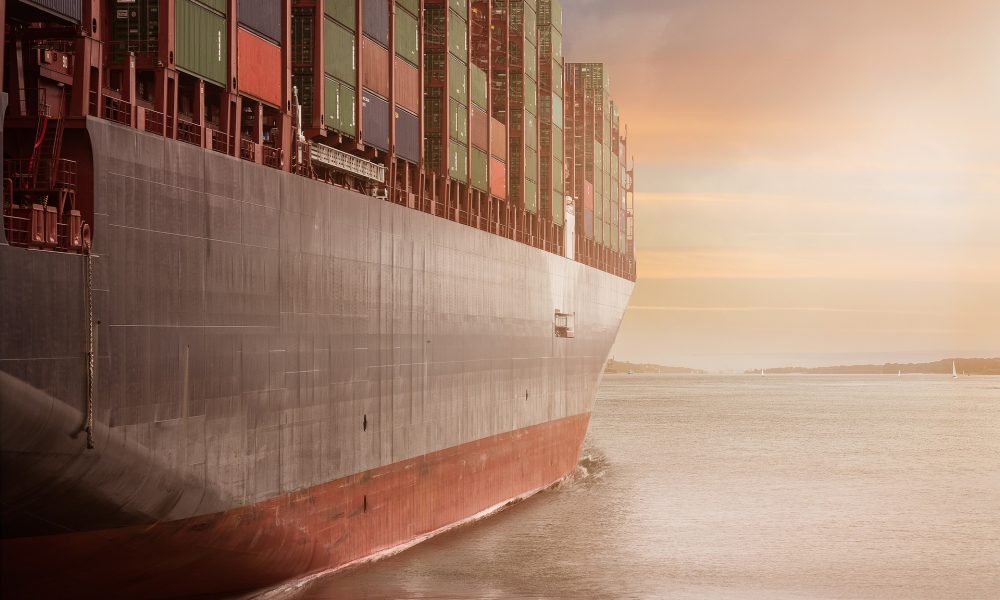As I write this, COP26 is all over our news media. It’s on even more TV channels and websites than rumours about Kourtney Kardashian being pregnant. You wouldn’t believe it was possible, but that’s how much emphasis is now placed on the fight to save our planet. It’s literally more important than the Kardashians. Unthinkable!
Anyway, back to the serious business of COP26 and its various agenda items. We’ve heard all about the need to reverse the impact of deforestation, to switch to electric and hydrogen vehicles, to repair and restore vulnerable ecosystems and to protect natural habitats and communities all over the world. A mighty task, it has to be said, but amid all this blue-sky thinking, there are a number of smaller – or seemingly smaller – issues that really need to be taken into account.
One of the more pressing also happens to be one of the most under-looked, but it’s to be hoped that delegates at the conference will be looking into it. This is the effects of supply chain difficulties on the environment, and what steps need to be taken to eliminate them. For the consumers among us, this could mean nothing more than the late delivery of a book from Amazon, but of course in the bigger scheme of things such issues can lead to devastating repercussions.
In March 2021, the Ever Given, a 400-metre long container ship, ran aground in the Suez Canal and was stuck for six days. Other vessels were unable to get past, resulting in a backlog of more than 390 ships. It was big news at the time, and rightly so. But while most media reports focused on the financial cost, estimated by Lloyd’s List to be in the region of $6.7 million per minute, the cost on the environment is likely to be even more harmful. The concentrated build-up of sulphur dioxide (SO2) created by ships waiting in the queue could be seen from space. Rainfall with SO2 added to it can damage crops, forests and marine life, and the emissions themselves can lead to cardiovascular problems in humans. Scary stuff.
Global consumerism leads to global problems
Over recent decades, we’ve become truly global consumers, of course. You could be reading this right now on a laptop that was built in Japan, wearing a shirt made in the Philippines and sipping from a water bottle manufactured in China, and all the while you could be patting yourself on the back because you’re environmentally aware. It’s not your fault, of course, this is a direction the world took many years ago and it’s been heading that way ever since. If the world’s leaders are to make a genuine difference at COP26, reducing supply chain-related ecological damage is a must.
A global supply chain impacts in more ways than the obvious transportation process. As well as greenhouse gases created by vans and lorries, and the inevitable cargo planes and container ships, think about the extra packaging needed for longer journeys and where it all comes from. Less obvious issues are also a disturbing reality, such as the way tankers and other large vessels take on ballast water in one port and jettison it in another several thousand miles away. The effects of dumping invasive organisms onto local marine life ecosystems have been truly alarming.
Recently, we’ve seen a welcome shift towards supply chain sustainability, and it’s a shift that needs to continue and hopefully to increase. This initiative takes into account ways in which the supply chain can improve not only environmental standards but also those relating to human rights, fair working practices and anti-corruption. Effective management of this will cover factors such as product design, materials selection and manufacturing processes, all long before the transportation methods are considered.
In the inexorable move towards electric and hydrogen vehicles, a process that’s gathering pace on a seemingly weekly basis, there’s a pressing need for all related industries to get together and establish a more environmentally aware supply chain. This has to include battery manufacturers, stainless steel producers, component suppliers and everyone else. In years past, the automotive sector did much to harm the planet, of course, and this now has to stop. The world that we live in literally depends on just that.









